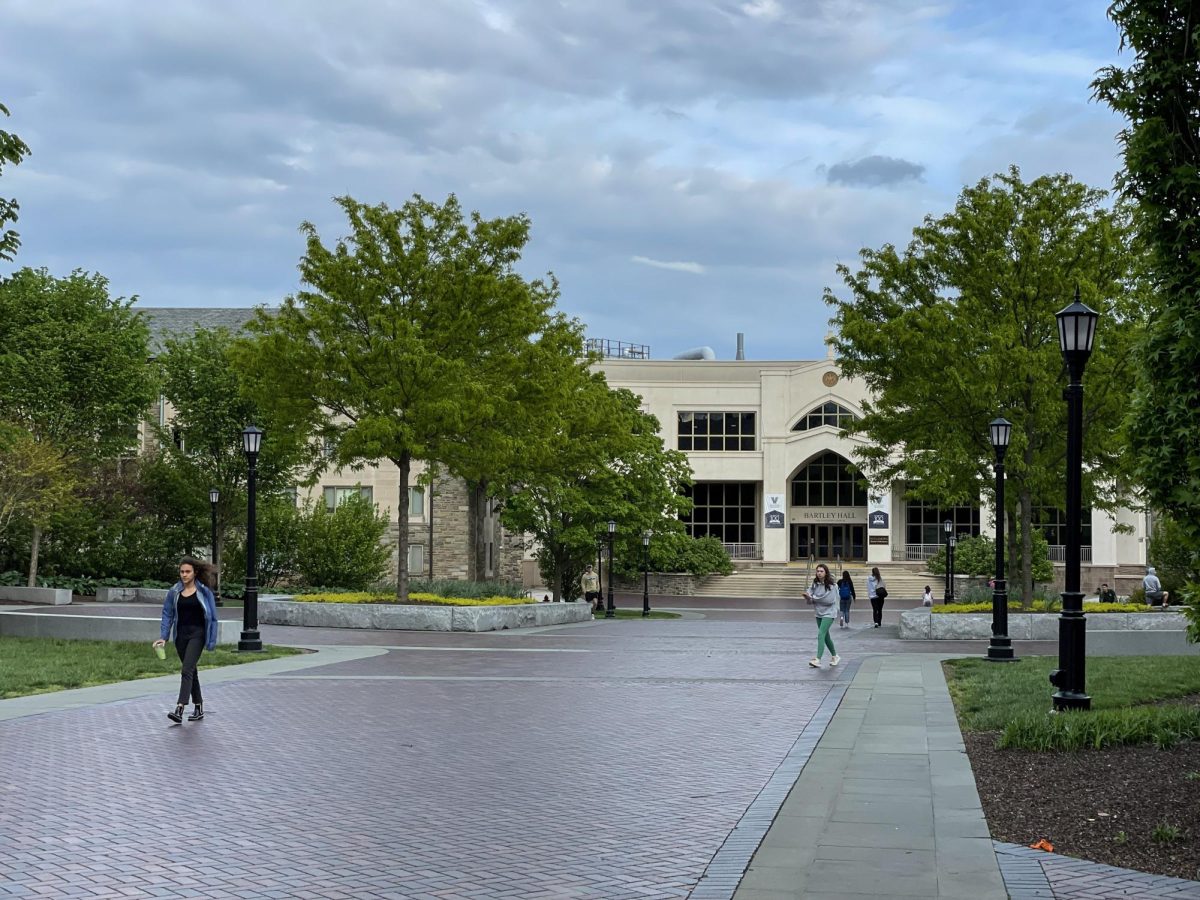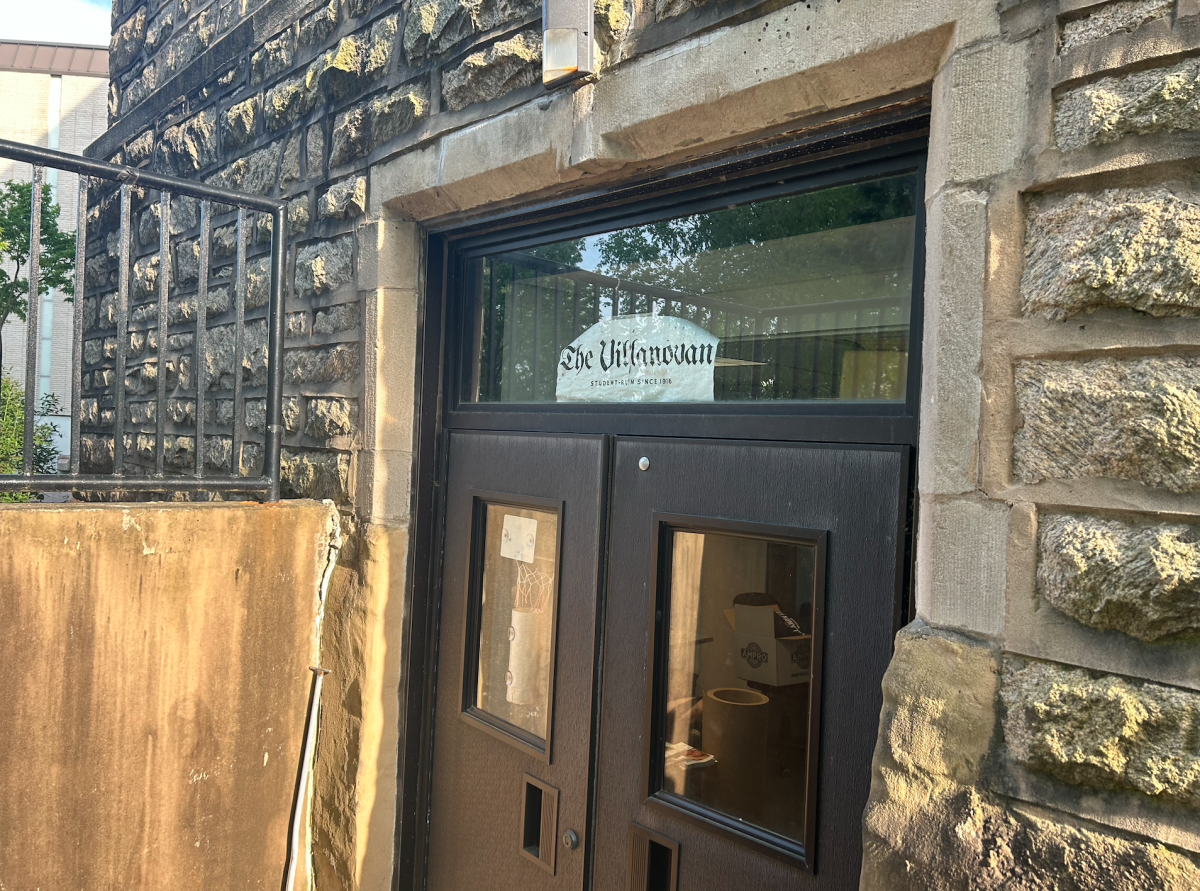As the days get warmer and longer, snow is probably the last thing we are thinking about. The last thing I want to do is remind everyone of a few weeks ago when we would shuffle around in layers shivering and trying to make it to our next class before we froze, but there’s one last thing I want Villanovans to be thinking about before we hang up our jackets.
Salting roads is a common method to prevent roads and walkways from icing over by lowering the freezing point of water. Professor Steven Goldsmith of Villanova’s Department of Geography and the Environment has conducted studies on the effects of salting. Excess salt eventually makes its way into groundwater and causes several problems. Philadelphia’s water supply has seen spikes in sodium concentrations following winter storms. Chloride is bad enough. However, most filtration systems are not designed for elevated levels of sodium, which are linked to high blood pressure. Goldsmith has found ecological effects, as well, with organisms in local streams suffering due to elevated levels of salt.
Goldsmith advocates for a technique known as “road brining.” Not only does it also prevent ice and snow from adhering to the road so that plows can move the snow, but it also reduces up to 25% to 40% of salt that leaks into the water supply. The benefits of road brining don’t end there, it’s also more cost effective because of how much less salt is used in the process.
Villanova has been working with Goldsmith to adopt road brining on campus. Representatives of the University will be attending a demonstration of road brining, equipment purchases and methods. Naturally, the University is concerned about students slipping and falling and want to ensure that road brining is just as safe as salting (which it has been proven to be).
Unfortunately, there aren’t many alternatives that completely avoid the usage of salt. Sanding roads is an option, but then the sand ends up in the water supply with its own problems. Even beet juice has been considered as an alternative. Not only is it organic. It works even better than salt does and at lower temperatures. However, beet juice comes with its own ecological consequences.
Given all this information, road brining is the best approach moving forward. I commend Villanova University for its continued dedication to sustainability and Professor Goldsmith for his indispensable contributions to the same.








